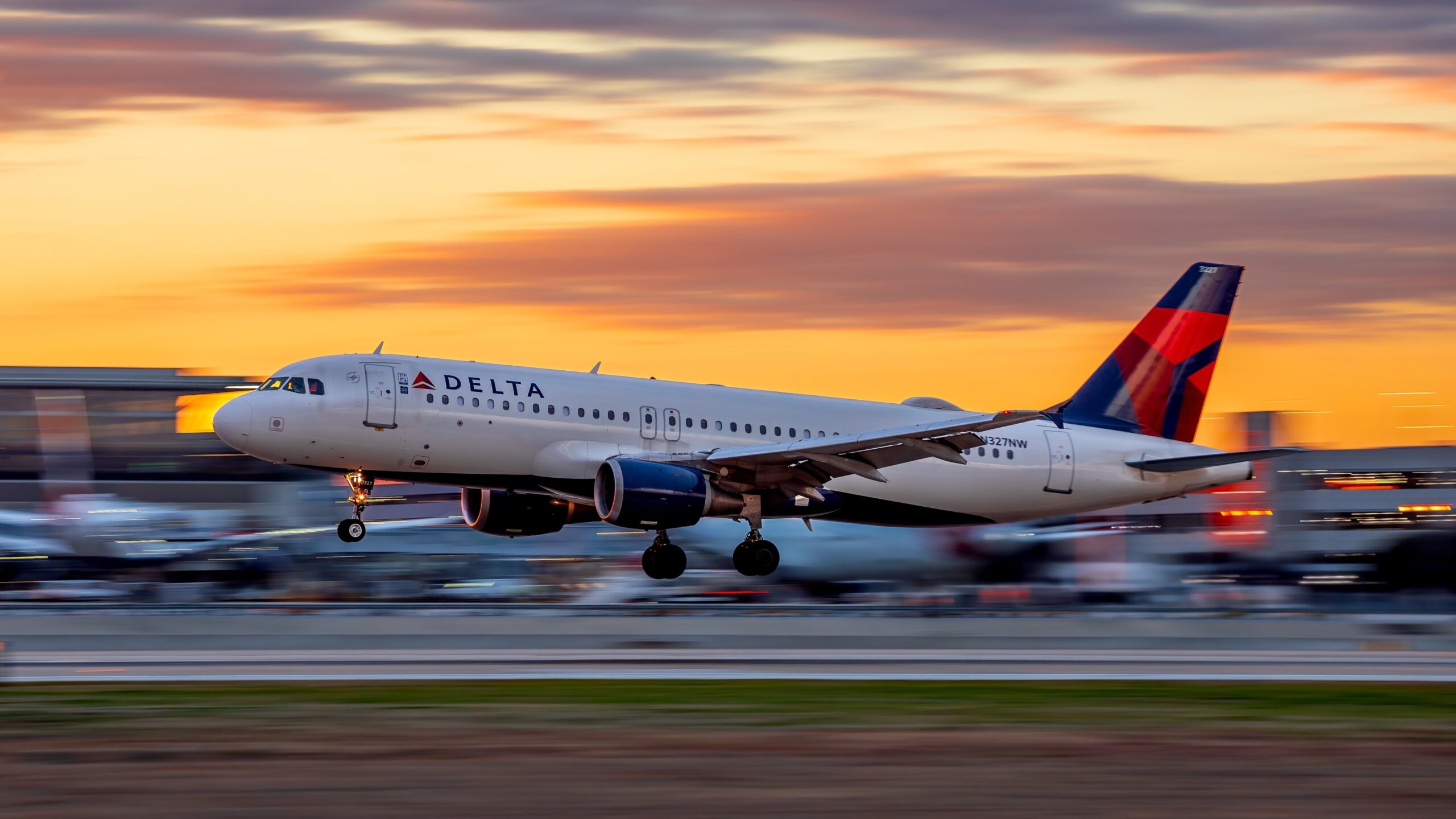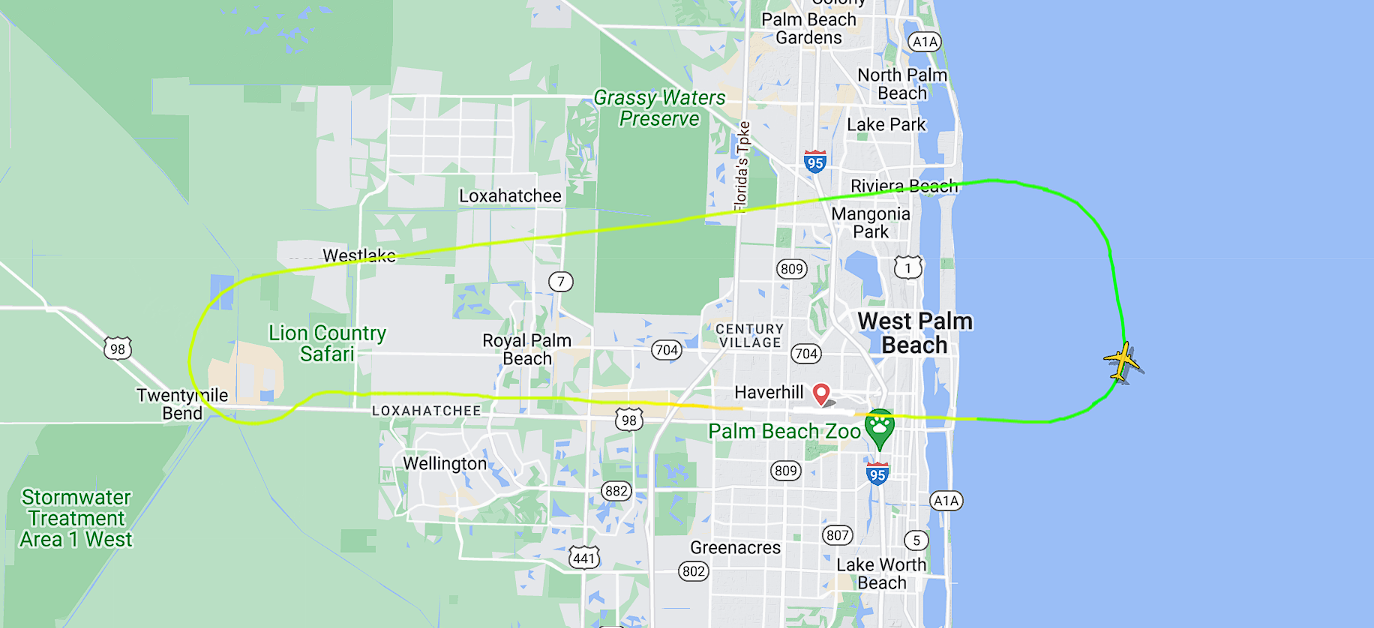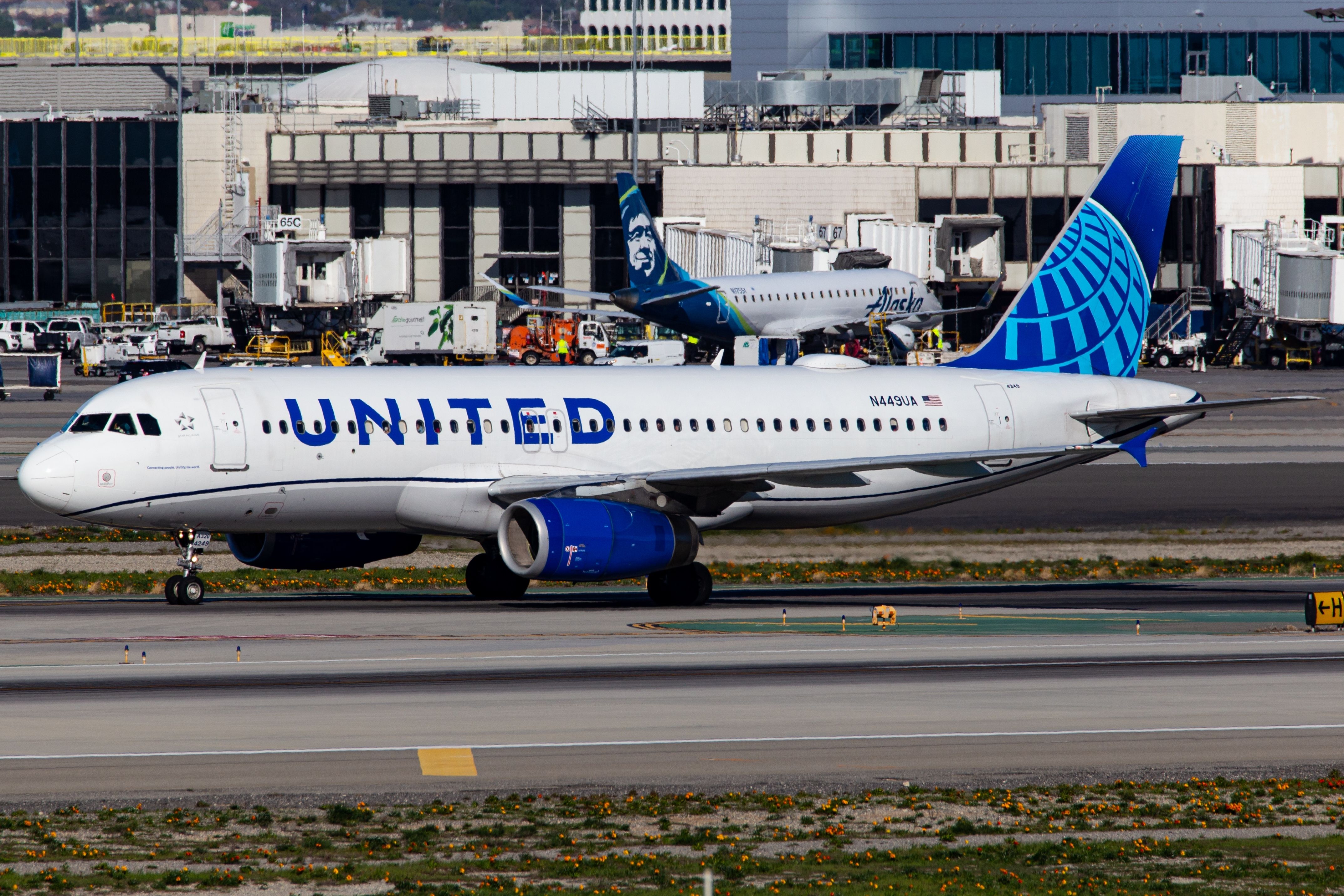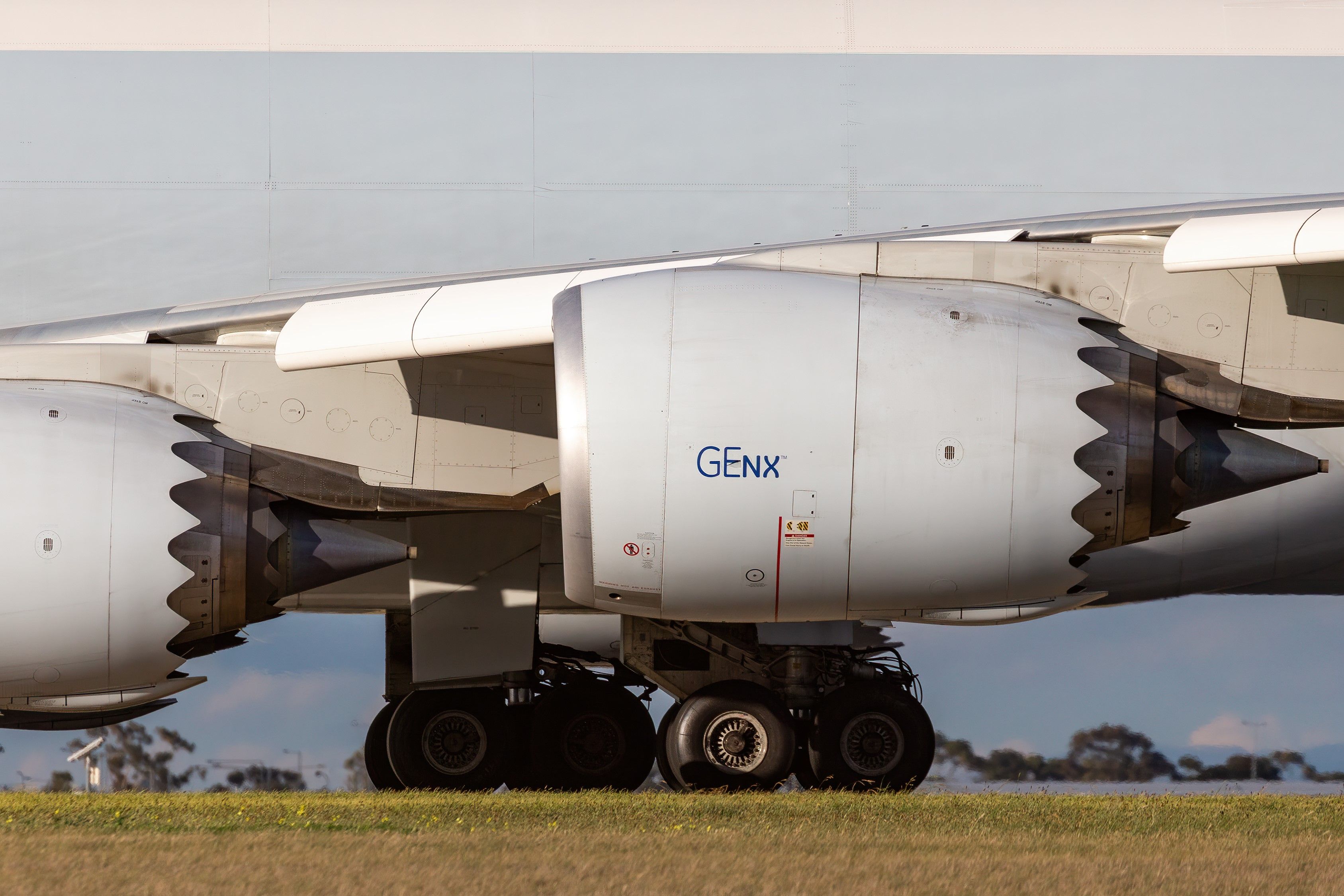Summary
- An engine fire after take-off caused a Delta Air Lines A320 to return to Florida safely.
- Recently, there have been multiple A320 engine fire incidents reported around the world.
- Aircraft have advanced systems to detect and extinguish engine fires, ensuring passenger safety.
A Boston-bound Delta Air Lines flight had to return to its point of origin after experiencing an engine fire during its initial climb out of Florida. The flight crew safely landed back without any injuries or further incidents.
The incident
Earlier this week, on Thursday, a Delta Air Lines flight from West Palm Beach International Airport (PBI), Florida, to Boston Logan International Airport (BOS) experienced an engine fire on the aircraft’s number 1 engine (left-hand engine) during the initial climb out of PBI, forcing the aircraft to return to the airport.
The Aviation Herald reports that the aircraft involved in this incident was a 22-year-old Airbus A320-200 and, at the time of the incident, carried 162 passengers and six crew members onboard. Upon experiencing the engine fire, the flight crew suspended its climb at the altitude of 3,000 feet, before declaring an emergency and safely returning to PBI.
Aircraft data shows that Flightradar24.com shows that the aircraft was grounded at PBI for around 10 hours before setting off again to Boston.
|
PBI Departure |
BOS Arrival |
|
|---|---|---|
|
Scheduled |
11:20 |
14:43 |
|
Rescheduled |
21:45 |
00:29 (+1) |
Since returning to service, the aircraft has remained airworthy and has been operating flights.
Simple Flying has reached out to Delta to learn more about the details of the incident. Any response received will be updated into this article.
Recent engine fire incidents
In recent weeks, multiple other engine fire incidents have been reported involving the Airbus A320-200 aircraft type. One of the incidents was experienced by Delta’s fellow US carrier, United Airlines.
Flight UA-2091, a United Airlines service from Chicago to Seattle, experienced an engine fire on one of the carrier’s 28-year-old A320-200 aircraft.
In this instance, smoke was seen emitting from the aircraft’s number 1 engine during the take-off roll, resulting in the pilots aborting the take-off, shutting off the engine, and returning safely to the gate.
Photo: Wenjie Zheng | Shutterstock
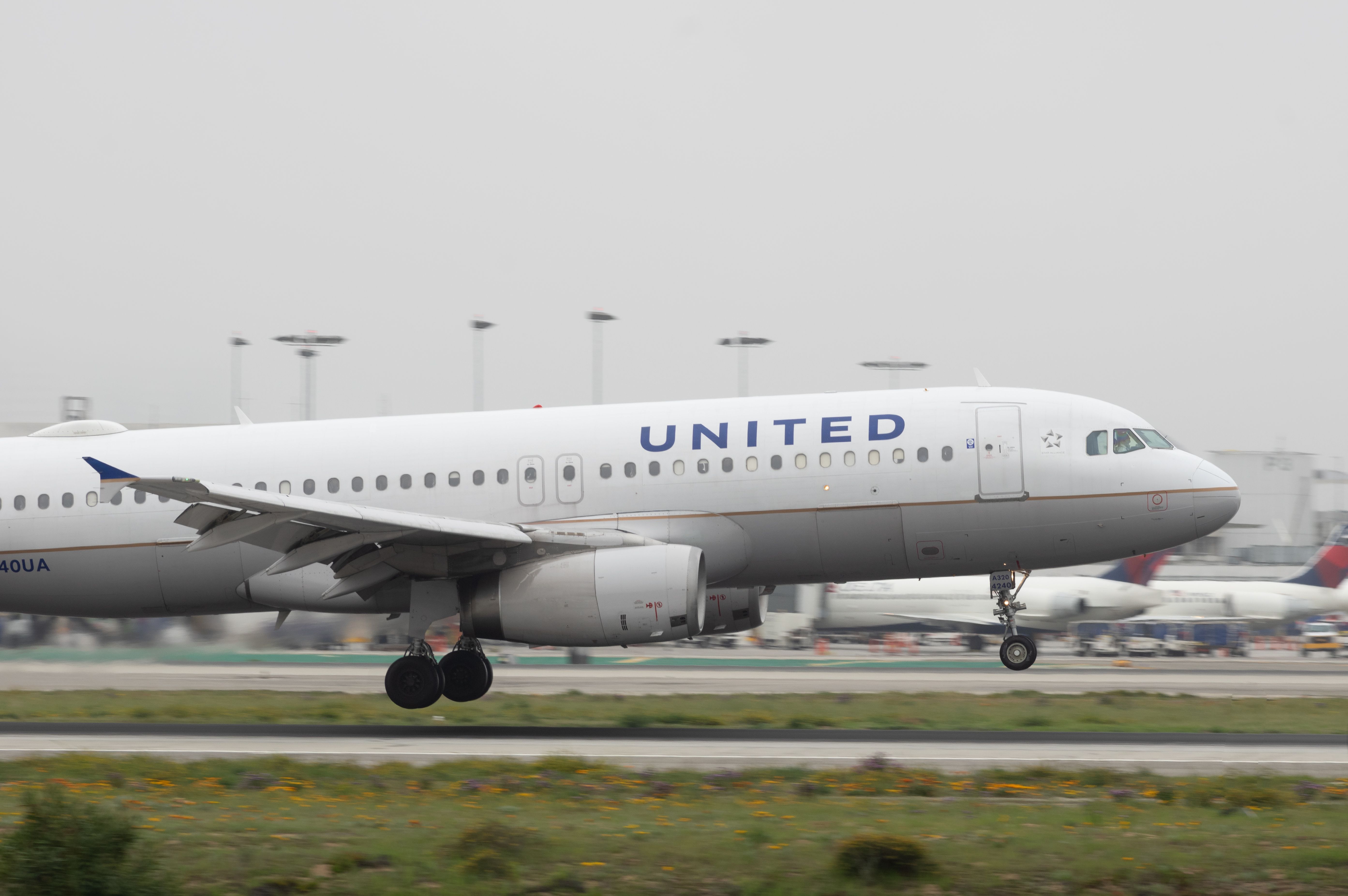
Related
United Airlines Flight From Chicago To Seattle Aborts Take-Off Due To Airbus A320 Engine Fire
Dense smoke billowed from one of the engines while accelerating for takeoff.
Another incident occurred in India on an Air India Express A320-200 flying from Bengaluru to Kochi. Shortly after takeoff, the aircraft experienced an engine fire on its number 2 engine (right-hand engine), forcing the pilot to declare an emergency and safely return to the airport.
Elsewhere in Australia, earlier this week, a Boeing 737-800 operated by Virgin Australia experienced an engine fire due to a possible bird strike after departing Queenstown, causing the aircraft to divert safely to Invercargill. At the time of writing, the aircraft remains grounded.
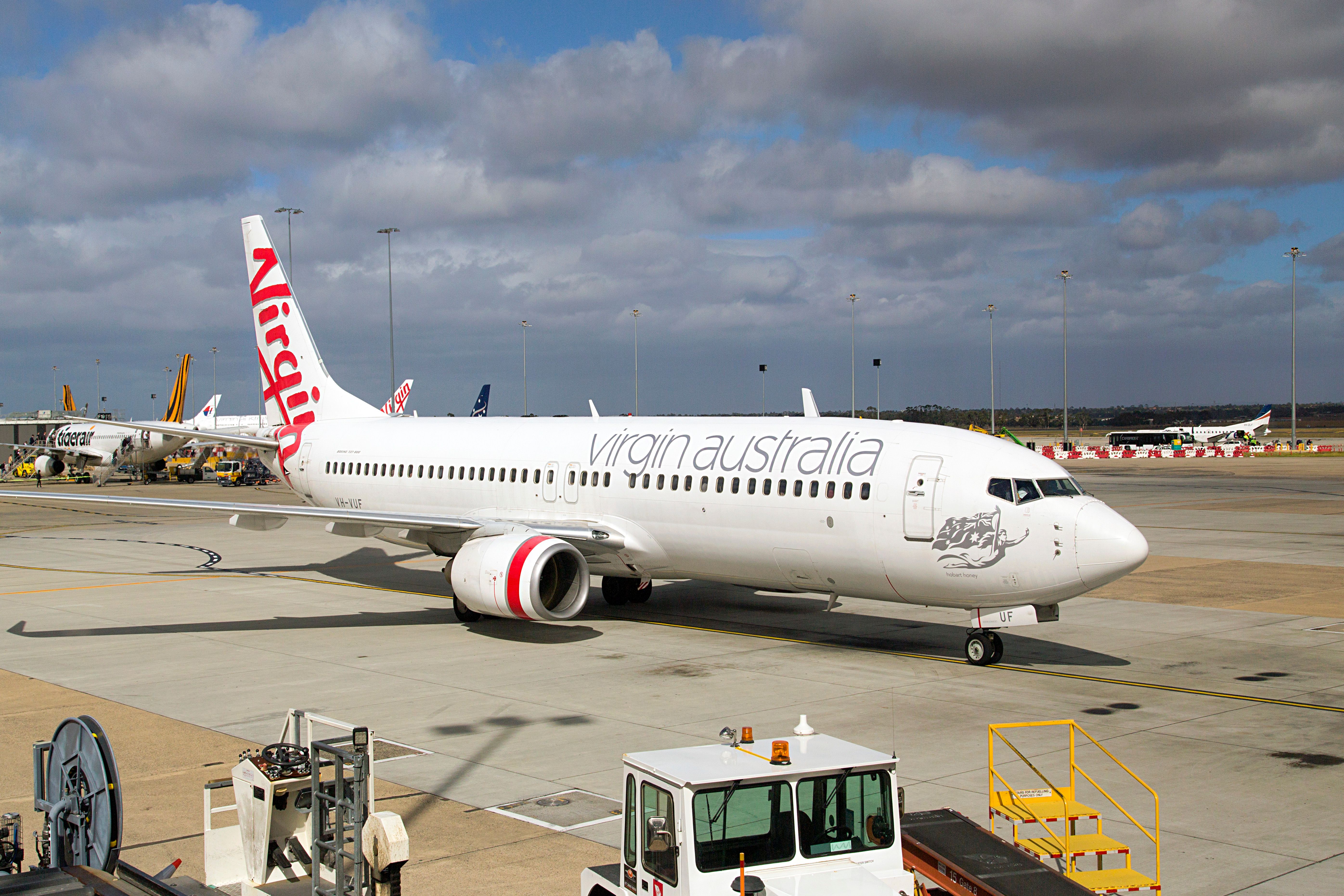
Related
Virgin Australia Boeing 737 Diverted Due To Engine Fire
The flight reportedly encountered a bird strike on departure from Queenstown, New Zealand.
Fire detection and extinguishing systems
Considering the technological advancements made in aircraft avionics and that flying remains the safest mode of transportation, passengers can rest easy knowing that systems are in place to detect issues such as fires developing within aircraft engines.
Even internal fires not visible to passengers from the aircraft window would be alerted to the pilots both audibly and visually in the cockpit.
Photo: Ryan Fletcher | Shutterstock
Modern aircraft also have fire extinguishing systems incorporated into the aircraft engines, with redundant systems, ensuring that in the event of an engine fire, the pilot will be able to safely extinguish the fire from the cockpit.
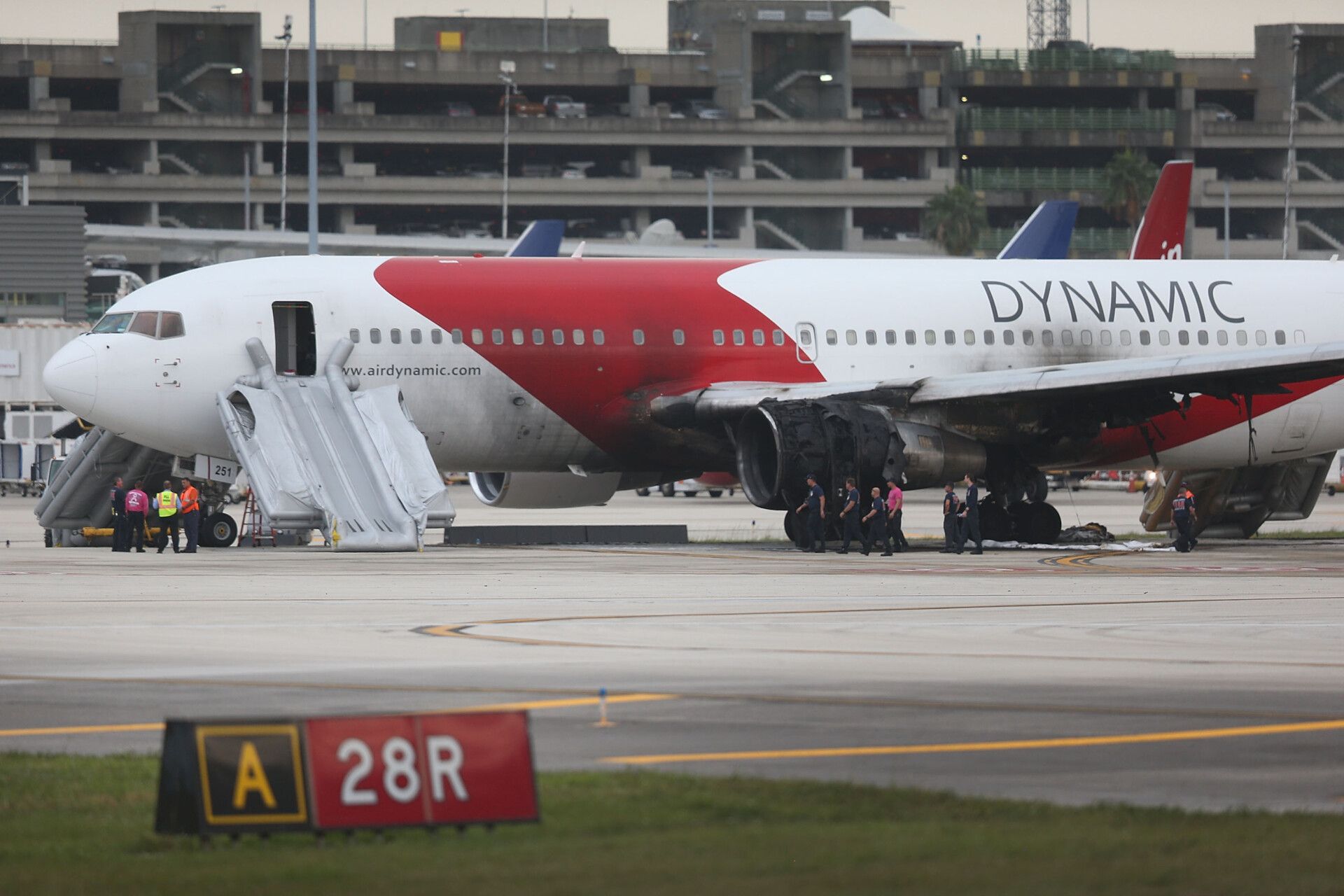
Related
What Are Engine Fire Detection & Extinguishing Systems And How Do They Work?
A fire of any sort is a big hazard when flying because there is a chance of it spreading to the point where it becomes uncontrollable.

